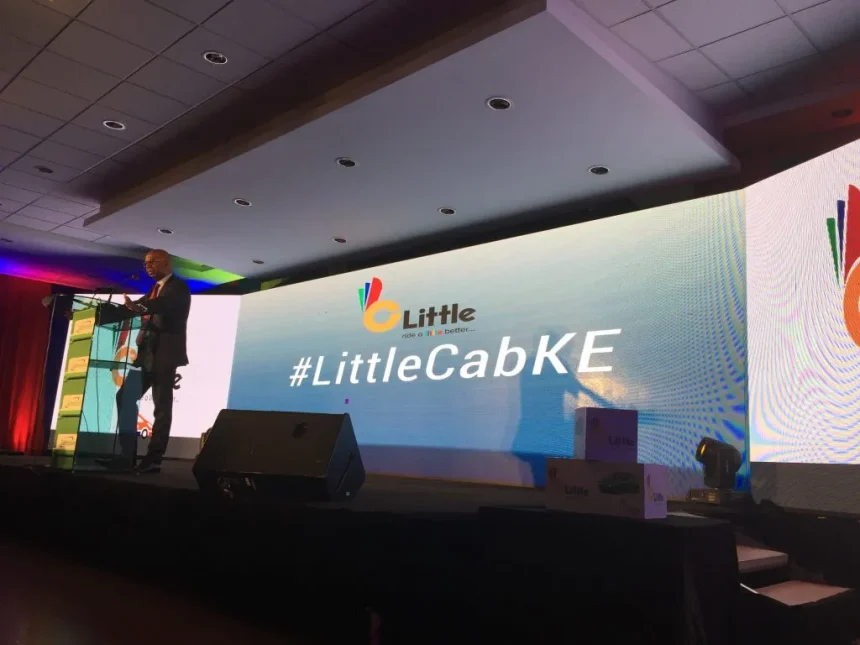The Employment and Labour Relations Court in Kenya has awarded Ronald Otieno Mahondo, the first General Manager of ride-hailing startup Little Cab, KSh 98 million after ruling that his 2017 dismissal by Craft Silicon was unlawful and aimed at denying him a promised 1% equity stake in the company.
Driving the news
Justice Mathews Nduma delivered the landmark ruling on October 23, 2025, ending an eight-year dispute between Mahondo and Craft Silicon CEO Kamal Budhabhatti, the founder of Little Cab’s parent company.
- The court awarded USD 750,000 (≈ KSh 97 million) for the 1% equity and KSh 1.02 million for unfair termination.
- A secret audio recording made by Mahondo—where Budhabhatti acknowledged the equity promise—proved decisive in the judgment.
The evidence
Craft Silicon challenged the audio’s admissibility, but Justice Nduma ruled it “credible, consistent, and verifiable” under Kenya’s Evidence Act.
“The claimant was victimised in an effort to conceal the fact that he had been awarded 1% shareholding,” Justice Nduma wrote.
Mahondo said he began recording meetings after sensing a disciplinary campaign was being built against him. The tapes directly supported his claims of a promised stake.
Why it matters
The KSh 98 million award is among the largest labor-related payouts in Kenyan history and spotlights equity disputes in the tech startup ecosystem, where early hires often rely on informal promises of ownership.
Background
- Mahondo joined Little Cab in 2016 to lead its launch against competitors like Uber, earning KSh 340,000 monthly.
- His compensation included a 1% equity stake, with the potential for another 1% if growth targets were met.
- The court based its valuation on a USD 75 million company value—lower than the USD 300 million Mahondo claimed.
Relations soured after Mahondo repeatedly asked for a signed employment contract confirming his equity. The company responded with a “litany of adverse letters” and ultimately fired him in May 2017.
Craft Silicon’s defense
The company accused Mahondo of being “careless and unsystematic” and said his termination was normal, not retaliatory. It claimed he was paid KSh 633,737 in severance.
The court dismissed these claims as a pretext for avoiding the share payout.
Source: Tech Trends










